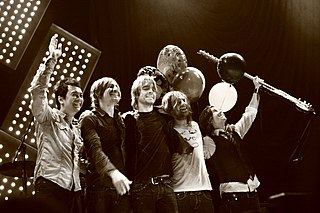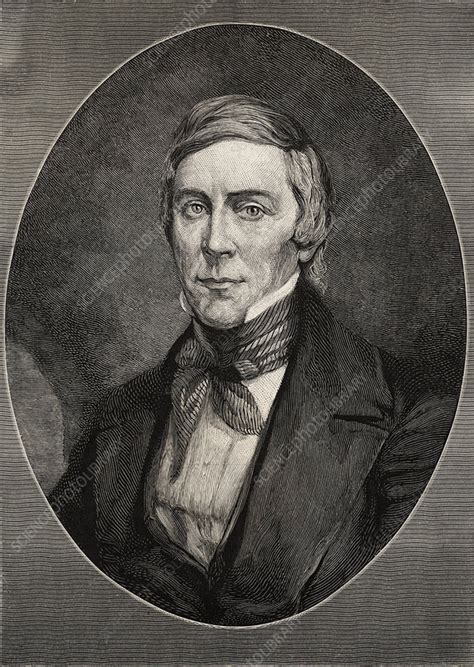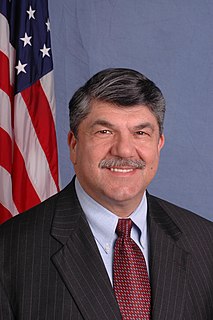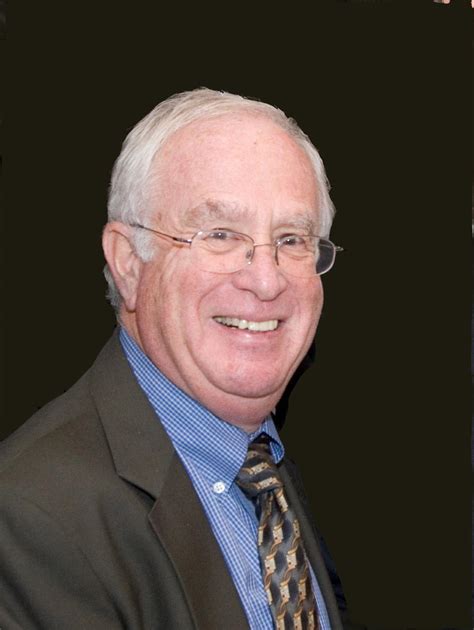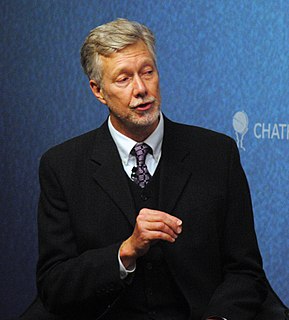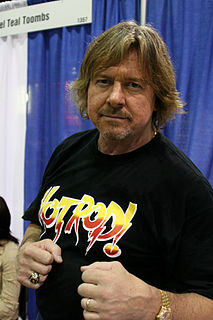A Quote by Tom Peters
There's nobody in the world that wouldn't change places with the Americans. The economy is phenomenally large, the entrepreneurial class is very alive and very well, the universities, despite budget problems, still turn out something like 90 percent of the refereed academic and technical articles in the world. There's a lot on everybody's agenda.
Related Quotes
Every day you're alive, you can change the world. It could be for the better or for the worse. It can be big waves or small waves. The very fact that you're alive and breathing and walking outside, going to class, whatever it is, you're changing the world with each footstep. There's a lot of weight to that.
Eighty five percent of Americans, year in and year out, say they believe everyone should have universal coverage. The problem is everybody has a different idea of how to make it work. And unfortunately what you have is 85 percent of Americans are reasonably well-insured. And when you start thinking about how you're going to get the remaining 15 percent, everyone gets very nervous.
Yes, twenty-seven million in slavery is a lot of people, but it is just .0043 percent of the world's population. Yes, $23 billion a year in slave-made products as services is a lot of money but it is exactly what Americans spent on Valentine's Day in 2005. If humans trafficking generates $32 billion in profits annually, that is still a tiny drop in the ocean of the world economy.
What democratic socialism is about is saying that it is immoral and wrong that the top one-tenth of 1 percent in this country own almost 90 percent - almost - own almost as much wealth as the bottom 90 percent. That it is wrong, today, in a rigged economy, that 57 percent of all new income is going to the top 1 percent. That when you look around the world, you see every other major country providing health care to all people as a right, except the United States.
It's really important, obviously, for people to realize that it is a very small percentage, only 1 percent of our total economy, of our total budget, and I think that's important for people to know. But I also know that Americans are very generous and that many, many Americans are proud that their taxpayer dollar has saved lives in Africa through the president's malaria initiative or through PEPFAR, the emergency relief plan for AIDS.
I remember when I was first starting out in the late 50's, and everybody at that time said rock 'n roll was gonna die. I was 15 years old when I started, and I certainly didn't believe that was true. I thought anything that feels this good and makes me want to tap my foot like this can't be a passing fad like everybody says. Of course, they were wrong, and here we are in the 90's and it's alive and well, and getting programmed all over the country, and really all over the world. So it's been a great journey.
This is a very important issue that the corporate media chooses not to talk about a whole lot, that we have an economic system which is rigged, which means that at the same time as the middle class of this country is disappearing, almost all of the new income and wealth in America is going to the top 1 percent. You have the top one-tenth of 1 percent owning almost as much wealth as the bottom 90 percent - 58 percent of all new income is going to the top 1 percent.

